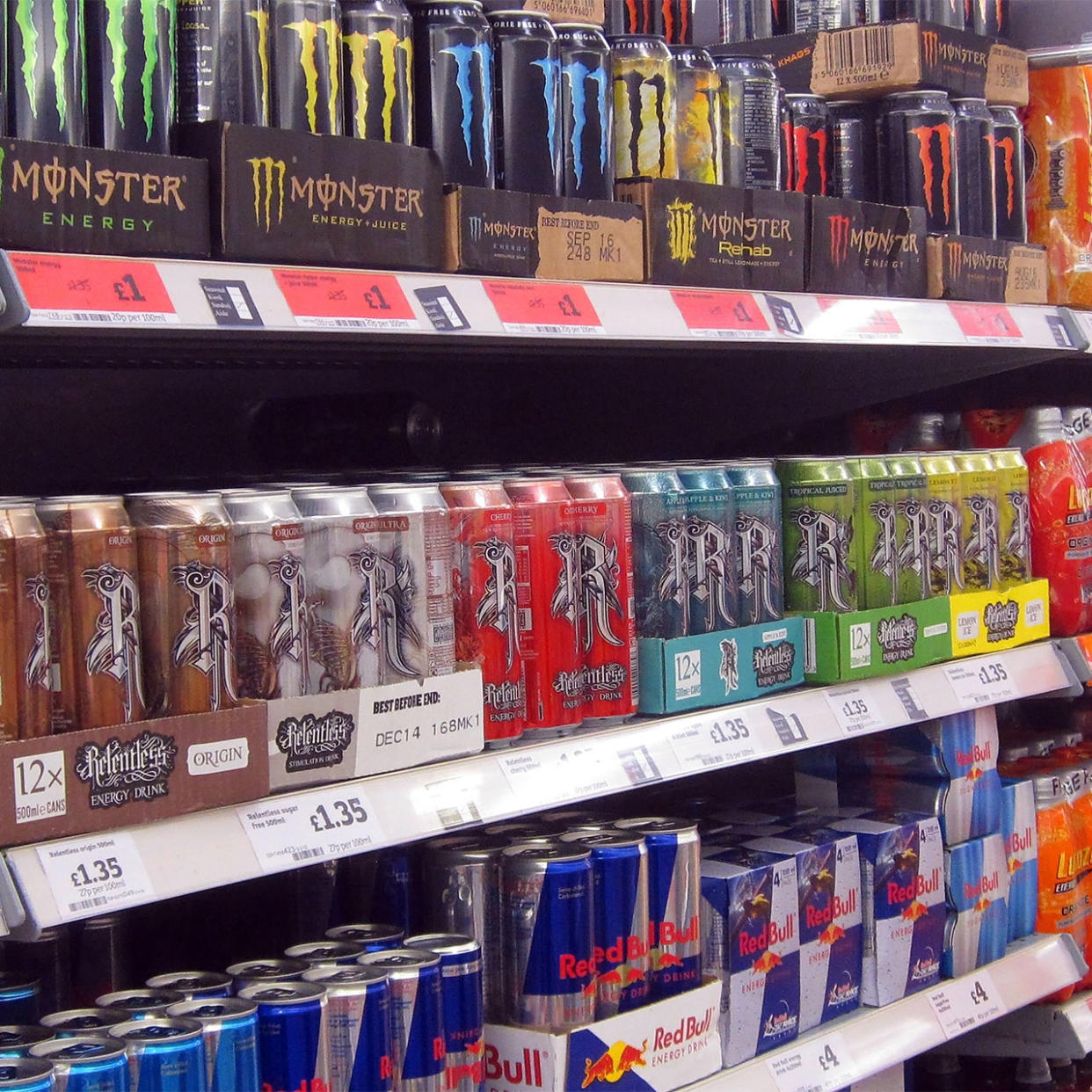4 Of The Worst Beverages To Remove From Your Diet This Summer If You Want To Drop Pounds

As the summer sun beckons us outdoors, many of us strive to shed those extra pounds gained during the colder months. While we often focus on adjusting our diets and increasing physical activity, one crucial aspect that often goes overlooked is our beverage consumption. As it turns out, the drinks you sip on can make a substantial impact on your body and play a crucial role in our weight loss journey. While there are plenty of fantastic metabolism-boosting beverages to start sipping on as you work towards your summer body, it’s also important to cut out certain fattening choices.
To discover a few of the worst options, we spoke to health experts Beth Hawkes, MSN, RN-BC, Jesse Feder, a registered dietitian and personal trainer at My Crohn’s and Colitis Team, and Joanna Wen, certified health coach and founder of Spices & Greens. They told us that soda, energy drinks, store-bought fruit juice, and bottled smoothies are among the worst offenders. Learn more about the risks of each below.

1. Soda
It's no secret that soda (diet or not) comes with a wide array of health risks. This includes weight gain. This sweet, tasty beverage is unfortunately packed with calories and sugar while offering no nutritional value, making it a poor choice for your health—especially for anyone looking to shed pounds.
"Sugar-sweetened sodas are typically very high in sugar and calories," Feder warns. "They do not offer any real nutritional value and can be quite addictive due to their appealing taste. The high amount of sugar and calories can easily add on stomach fat and prevent weight loss."
Unfortunately, even diet soda comes with its own downsides, so your best bet is sticking to naturally sweetened options (in moderation), or going with some good old seltzer water.

2. Energy drinks
Red Bull addiction? If weight loss is your goal this summer, it's time to get serious about kicking this bad habit. Like fruit juice and soda, these caffeine-packed beverages are also typically packed with inflammatory sugar—an average of 54 grams. What's more, the caffeine content may pose other risks to your health.
"Sugar-sweetened energy drinks are high in sugar, calories, and caffeine," Feder says, echoing that the lack of nutritional value can cause weight gain over time.
"Additionally," he notes, "They have high amounts of caffeine that can actually disrupt sleep, increase stress, and increase cortisol levels. This can contribute to weight gain as well as fat accumulation throughout your body and stomach."
If you really can't give up caffeine, we don't blame you, but you're better off sticking to coffee to get your fix. Just be sure not to load that with sugar and other fattening ingredients.

3. Store-bought fruit juice
The fact that drinking fruit juice is nearly a sure-fire recipe for weight gain may come as a surprise to some. After all, how can fruit be bad for you? Unfortunately, while fruit itself is certainly packed with health benefits (and many fruits out there can help you lose weight), the bottled fruit juice you find on store shelves isn't only typically highly processed, offering virtually no nutritional value, but it's also oftentimes loaded with sugar.
As Hawkes points out, "There are about 31 grams of sugar in a 12-ounce serving of orange juice, which is more than the 22 grams found in the same amount of cola." Wow!
"When you consume such a quantity of the sweet stuff, your levels of blood glucose soar into the stratosphere. This tells our metabolism to slow down and thus burn fewer calories which leads us towards gaining weight instead," she warns.
Try making your own green juice at home as a healthy alternative.

4. Store-bought smoothies
Smoothies, lauded for their nutrient-packed content, can inadvertently impact weight loss due to their caloric density and potential for excess sugar intake. While smoothies may include wholesome ingredients like fruits, vegetables, and dairy or plant-based milk, the blending process can break down fiber, making it easier to consume larger quantities without the natural satiety that comes from chewing whole foods. Additionally, although homemade varieties often offer a great way to fit nutrients into your diet, store-bought, bottled options typically come with a staggering amount of sugar and other additives.
"An unexpected ‘healthy’ offender is smoothies, especially those made with high-calorie ingredients like fruit juices, sweeteners, and excessive amounts of nut butter or yogurt. While they may seem like a good choice, these calorie-dense drinks can easily contribute to weight gain if not consumed mindfully," Wen notes.
That doesn't mean you shouldn't enjoy smoothies this summer—just stick to making healthy recipes in your own kitchen!

